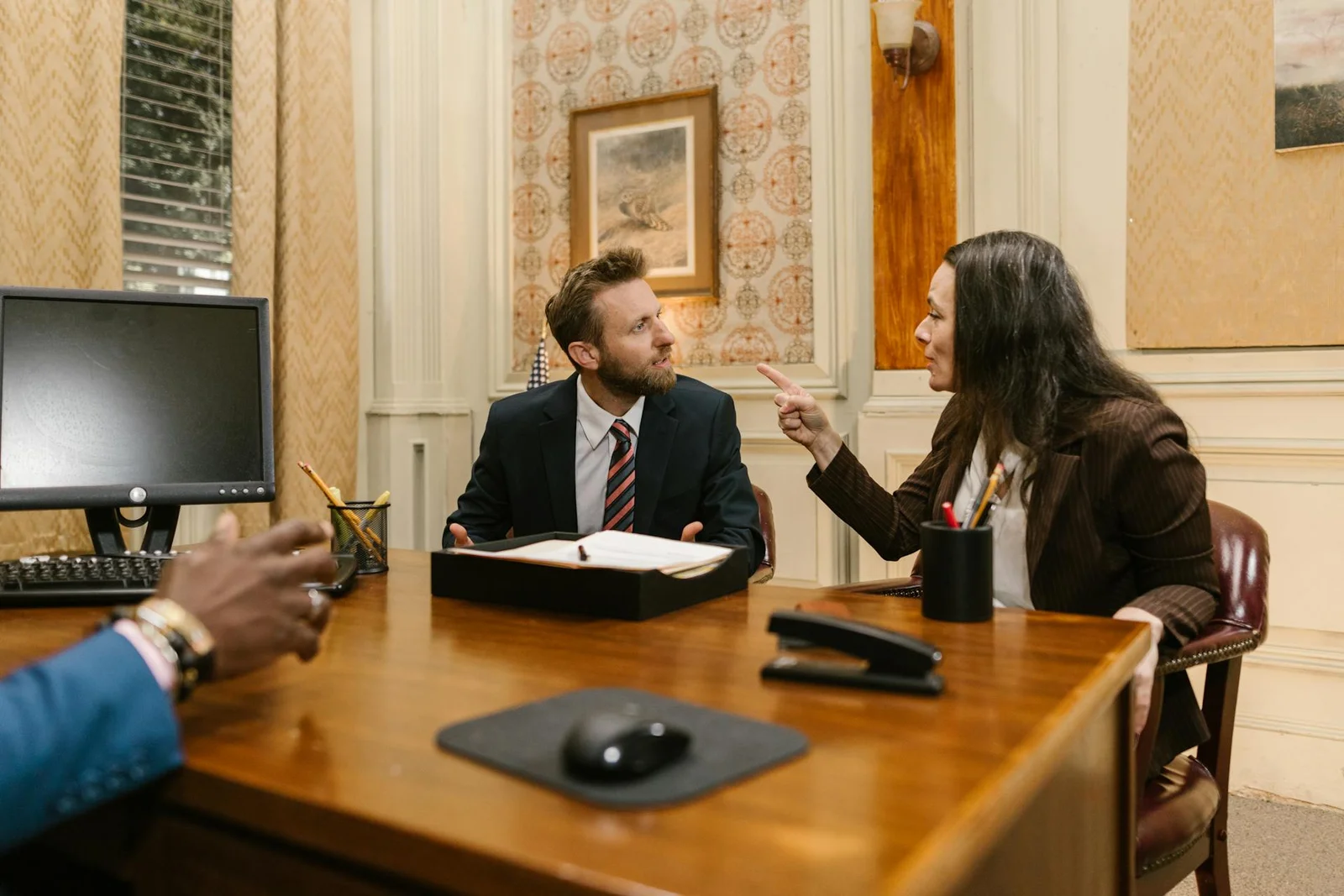Two of the most common reasons for challenging a Will are for want of mental capacity and/or undue influence, so we will discuss specific steps you can take to protect your estate from challenges of this nature.
Challenges for Undue Influence
Your Will is a record of your wishes as to how you want your estate to be distributed after your death and who you would like to be responsible for making it happen. It is for you to make those choices and no one else. If anyone else makes or influences these decisions, your Will cannot be valid. Family members who are not aware of, do not like or do not understand a person’s relationship, have been known to challenge a Will because they believe there was undue influence from their partner.
The most obvious example of undue influence is when someone forces you to leave assets in a specified manner for fear of repercussions. These may include, threats of abuse, being disowned or neglected, being told you will not be looked after properly and so on.
Undue Influence is not always that obvious, it also includes actions causing you to have untrue beliefs about a person or group of people. Misguided family members may wrongly believe that that they are justified in making such allegations if they believe your partner has turned you against them, your culture or faith.
There are some simple steps you can take minimise the chances of challenges of this nature being successful:
- Instruct an independent practitioner to advise on your Will. A good practitioner will always ask to see you on your own to ensure you can speak openly without reprisal and will be able to confirm that this was the case. They will also have discussions with you to ensure that any changes to your Will are rational and properly considered and that you fully understand the implications.
- Make your wishes known. If it is feasible, a discussion with family members about your wishes is encouraged. Not only will this show there is no undue influence, it may also prevent disputes or animosity if there is someone who can inform others about your relationship and intentions on your death, so there are no unexpected surprises when your Will is read.
- Prepare a Statement of Intent. If you foresee issues, it can be wise to provide a more detailed statement of your wishes to accompany your Will, explaining the reasons you wish to distribute your assets in this way and providing any additional instructions for your executors about how to respond to challenges.
- Write personal letters. Depending on the reasons you foresee issues, you might also choose to write letters to be given to certain people in the event of your death requesting that they respect your wishes, even if they are unable to understand them.
Challenges for Lack of Mental Capacity
When you give instructions and execute your Will, you must know what you are doing and understand the implications of your actions.
In legal terms this broadly means you, will need to:
- Understand that you are making a Will and how a Will works
- Understand what assets and liabilities you have and what you are gifting in your Will
- Appreciate how others will be affected by the contents of your Will and that you will be expected to make provisions for certain people
- Have no disorder that affects your mind thus causing you to dispose of your assets in a manner that you would not otherwise do so
Mental Capacity is a complex consideration as it is possible for you to have capacity for certain matters and not for others, for example if you have periods of lucidity making it difficult to know when it is the right time to take instructions or execute a Will. Sometimes, the issue of capacity may not be obvious and that can make things difficult.
It is these complexities that often lead to questions being raised after a person dies. If a serious question of mental capacity is raised, it will be for your partner and any other beneficiaries who want to rely on the Will to prove that you did not lack capacity when you executed your Will. There are some steps you can take to help them:
- Instruct an independent practitioner who will follow the Golden Rule. If there are concerns, a good practitioner will follow the ‘Golden Rule’ and instruct an appropriate medical practitioner to assess you and determine whether you are able to execute a Will or not. The medical practitioner will be encouraged to act as a witness when the Will is signed, but this is not always possible.
- Ensure everything is recorded. If a dispute is expected it may be a good idea to speak to a medical practitioner anyway and have the discussion recorded in medical logs or reports, which will be useful evidence. Any records detailing your health at the time the Will is executed will always be helpful, even if mental capacity is not considered to be an issue at that time.
- Make your wishes known. If you feel comfortable in doing so, you should have open and frank discussions about your wishes and the contents of your Will with beneficiaries, friends and family.
- Prepare a letter of wishes. You could also write a letter of wishes to explain the rationale behind the contents of a will where mental capacity could be an issue. This helps the court understand the trail of thought and see if it has been influenced by a mental disorder.
- Review Your Will Regularly. If you review your Will with your practitioner, it will demonstrate that you have not changed your mind during the passage of time. If you wish to make significant changes to your Will, there should be a detailed discussion as to why those changes are being made and this discussion should be noted in the practitioner’s records.
LEGAL ADVICE
At Allard Bailey Family Law we regularly assist in drafting Wills where there are complex or sensitive wishes and can help you to protect your intended beneficiaries from unwarranted challenges, as well as defending them should disputes occur.
To book a consultation or telephone appointment, please contact Sangeeta Rabadia.
































































